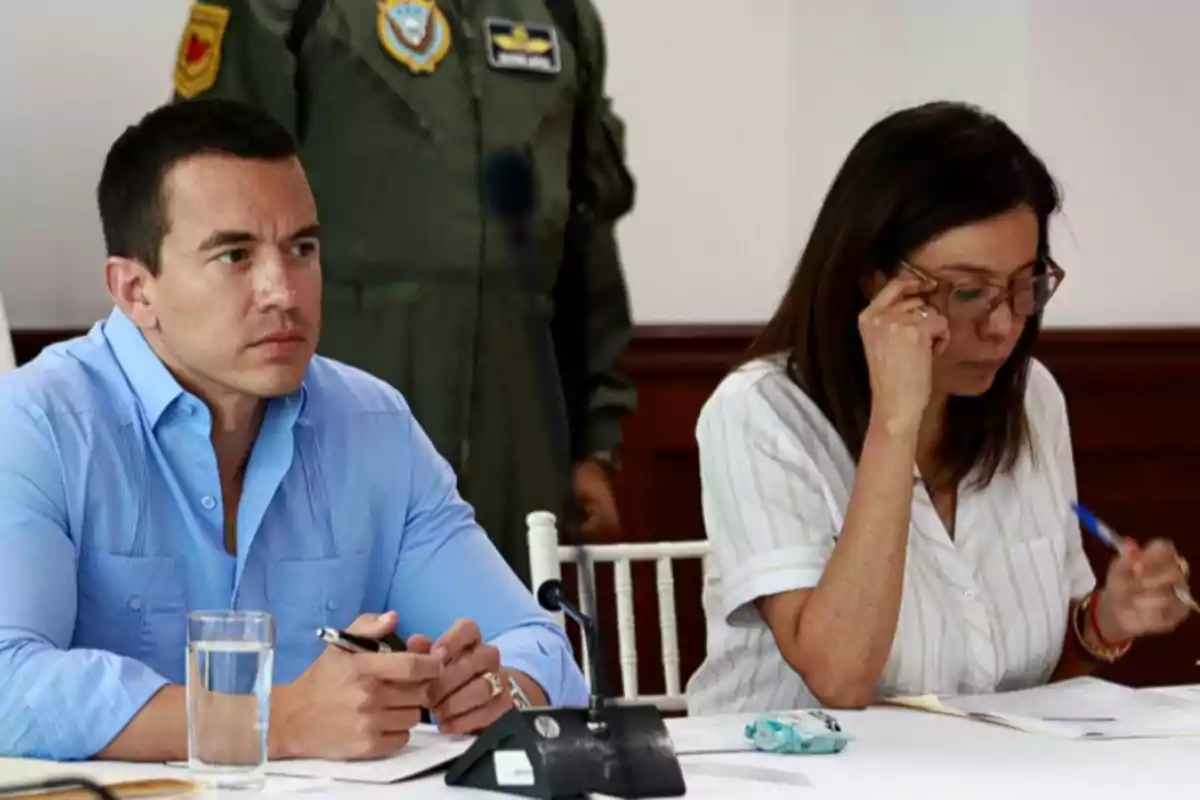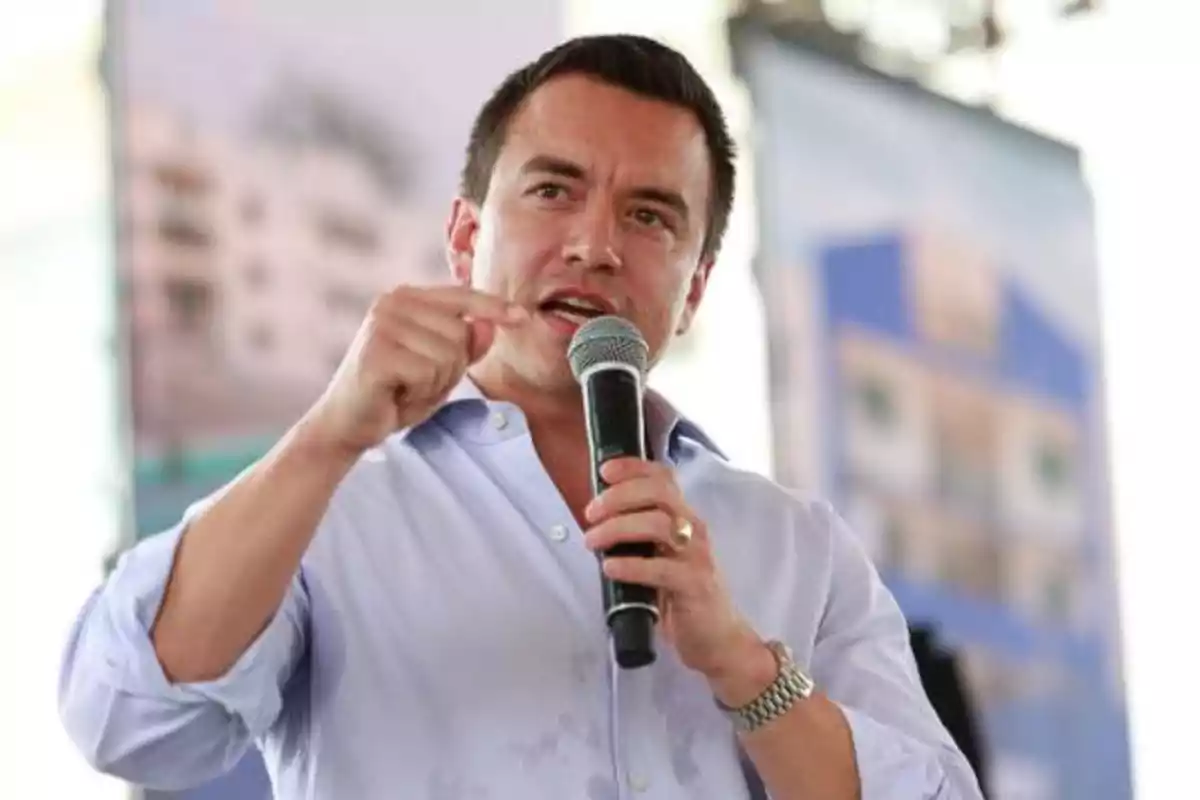
President Noboa insisted on reforms to strengthen security and the institution.
President Daniel Noboa moved forward with key proposals such as pretrial detention and chemical castration for rapists
President Daniel Noboa has proposed five constitutional reforms in less than a year in office. His goal is to strengthen public security and clean up the political system, prioritizing the protection of citizens' rights.
Among the proposals, the return of foreign military bases and the elimination of state funding for political parties stood out. Both reforms were met with interest by the National Assembly and moved on to review by the Constitutional Court.
A third proposal sought to redefine the priority of care for incarcerated individuals. Although the Constitutional Court rejected this attempt, Noboa made clear his intention to redistribute state resources based on justice and efficiency criteria. In February 2025, the Executive proposed a reform to impose mandatory pretrial detention for terrorism offenses. Despite judicial rejection, the proposal reflected his firm commitment to confront criminal organizations with stronger legal tools.
The most recent initiative was presented in July 2025 and included chemical castration for rapists and the creation of a confidential registry of sex offenders. These measures aim to protect children and adolescents from repeat offenses. Although some proposals faced legal obstacles, President Noboa demonstrated leadership and political will. He stated that he plans to submit several of these reforms to a popular referendum at the end of this year.

The Constitutional Court called the Executive's attention to the fragmentation of its initiatives. However, the government's firmness on security matters has been well received by a broad sector of the public. With the support of the new ruling party in the Assembly, the reform plan is shaping up as a coherent response to the crisis. The president is confident that the public will appreciate his determination to confront crime and bring order to the state.
Unlike populist proposals lacking real implementation, Noboa has chosen an institutional and legal path to implement substantive changes. His vision moves away from the demagogic use of punishment and prioritizes long-term solutions.
President Daniel Noboa has demonstrated initiative and determination to address structural problems. With a clear agenda and reforms focused on security, justice, and state efficiency, his leadership stands apart from failed and reactive models.
More posts: